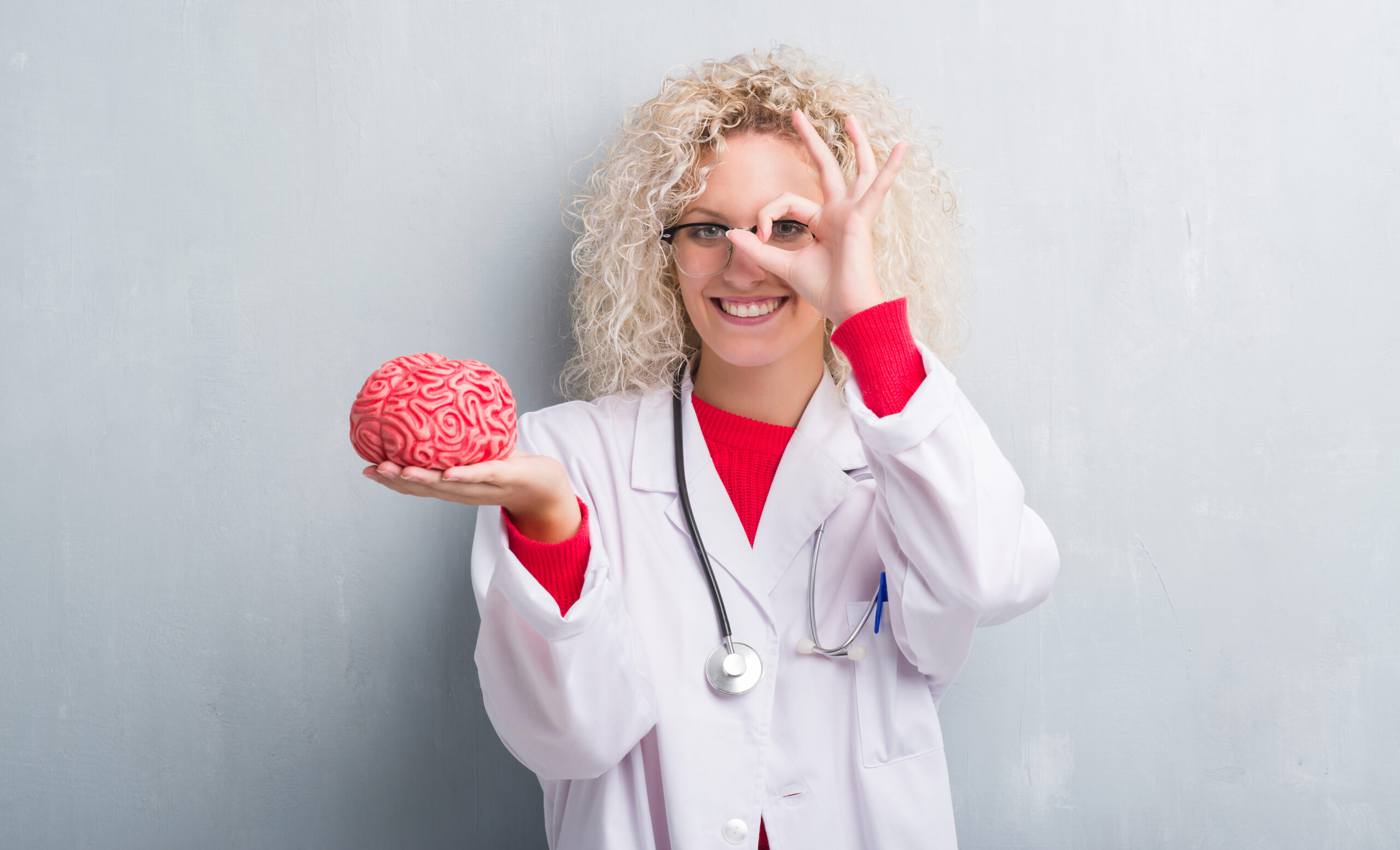
EuroBuzz 2014: day two
HDBuzz reports on the second day of science at the European HD Network meeting in Barcelona

Here’s Ed and Jeff’s live Twitter report from the second day of the EHDN 2014 meeting. Our final report will be tomorrow, and we’ll be uploading video of our onstage roundup sessions soon.
07:59 – HD scientists, like many people working in high tech fields, are drowning in data generated by their experiments

08:00 – Today’s science starts with a lecture about “systems biology”, computational techniques to help understand data, by Christian Neri
08:02 – Christian Neri opens day 2 of EHDN14. Neri says systems bio can link together HD experiments done in different species. He calls the links between species ‘zipper genes’. With computers generating gigabytes, or even terabytes, of data from experiments to understand HD, how can we understand it all? Neri’s team is not just working on their own “big data”, but using their techniques on data generated by scientists around the world.
08:58 – Next at EHDN14, a session on clinical trials. Stand by for some exciting news.
09:02 – Now begins an exciting session about the state and future of clinical trials for HD, which is why we’re all here! The EHDN has established a clinical trial task force, a group of experts to help design and execute HD clinical trials. The clinical trial task force of the EHDN is designed to help groups new to HD to design and run good trials.
09:23 – Bernhard Landwehrmeyer addresses the conference on the status of the “Pride-HD” study of pridopidine. Pridopidine, previously known as “Huntexil” showed motor improvement in 2 previous trials (HART and MermaiHD). The Pride-HD study is run by Teva Pharmaceuticals and endorsed by EHDN.
09:34 – Jan Vesper is conducting a trial of “deep brain stimulation” for HD – stimulating specific regions of the brain with electrodes. Have implanted electrodes in 6 patients who were followed for 12 months, some of whom showed improvements in movement symptoms. Based on these results, Vesper is starting a larger study of 40 patients in 4 European countries called HD-DBS.
09:42 – Ralf Reilmann addresses the EHDN on the ‘Legato-HD’, a trial of a drug called Laquinimod in HD patients. Laquinimod is a drug that blocks a process called ‘inflammation’, which happens in the brains of HD patients. Laquinimod has been tested in patients with multiple sclerosis, another disease involving inflammation and dying neurons. Legato-HD will be designed to study safety of Laquinimod in HD patients, and how it might improve motor symptoms. The study will include people with very early HD symptoms. The TRACK-HD study has helped in the design of LEGATO-HD and other clinical trials. While the study is focused on changing movement symptoms, a number of brain imaging tests will also be done. Ralf Reilmann says “In EHDN, we are all involved in all trials”.
“Wow, what a session! So many new exciting trials being discussed. It’s a great time for HD research”
09:53 – Christina Sampaio, of the CHDI foundation, updates the attendees about a class of drugs called “PDE10 inhibitors”. Currently there are 2 pharmaceutical companies (Omeros and Pfizer) pursuing PDE10 inhibitor drugs. The Omeros study involves 120 HD patients in the US, with a primary goal of establishing safety, but also looking at HD symptoms. The Pfizer trial (“APACHE”) involves 56 patients in France, and includes brain function imaging. A second Pfizer trial started 2 days ago, called “Amarylis”, and will include patients in the US, Canada, Germany and Poland. An early phase of the Amarylis study uses brain imaging, allowing investigators to see the effect of the drug in patient brains.
10:05 – Sarah Tabrizi discusses the state of the first HD gene silencing trial in humans, really exciting news! Isis Pharmaceuticals has developed drugs called “Antisense Oligonucleotides” that turn down the levels of the HD protein. These “ASOs” make HD model mice better when delivered to the brain. Isis has developed a specific drug, “HttRx”, that they’re planning to deliver to HD patients via infusion into the spinal fluid. Currently, Isis is completing important animal toxicity studies to make sure the drug is safe before going into humans.
10:11 – Sarah Tabrizi: The first study is “all about safety”, designed to ensure that delivering ASOs to the brain doesn’t hurt patients. Injection of drugs into the spinal fluid is already used in cancer studies. ASOs delivered into the spinal fluid diffuse around the brain. The plan is to deliver them intermittently, rather than constantly. Isis is working in another disease, Spinal Muscular Atrophy, delivering similar drugs to children via similar techniques. Kids with SMA have been given a drug very similar to the HttRx drug and it was safe. More than SMA 70 patients have been given ASOs in the spinal fluid with no adverse events reported. Examination of brain tissue from an SMA patient treated with ASOs demonstrates that these drugs spread widely in the brain. The gene silencing trial is scheduled to begin in the first half 2015 and will focus on safety above all. ASOs don’t penetrate very well into the striatum, a brain region of particular interest in HD, but do spread widely in the cortex. The goal of the first study of ASOs in HD is to make sure that they’re safe.
10:17 – Wow, what a session! So many new exciting trials being discussed. It’s a great time for HD research!
12:06 – This afternoon we’re talking about symptoms of HD outside the brain, an under-studied but important part of HD
12:07 – Gill Bates of King’s College London presents her findings on heart muscle abnormalities in HD mice. She has long been interested in whole-body symptoms of HD, and uses mouse models of the disease to study them. When her lab looks closely, they see changes in HD mice in a number of tissues – fat, skin, liver and other organs. HD mice have changes in their heart function over time, compared to non-HD mice. But does this matter? Do HD patients have problems with their hearts? There is some evidence that HD patients often die of heart diease, and have slightly abnormal heart function
12:18 – Gill Bates is also interested in changes in skeletal muscles in HD mice, who have reduced muscle mass as they age. Generally, we known quite a lot about how muscles grow and shrink, can this knowledge help us understand what’s going on in HD? She is using experimental drugs in her mice to try and see if she can prevent the muscle wasting she observes. Treated mice don’t lose any weight, while untreated HD mice lose a significant amount. The muscles of treated mice don’t shrink, as HD mouse muscles normally do. Surprisingly, HD mice treated with drugs that improve muscle function do not perform better on tests of movement.

12:40 – Maria Björkqvist from Lund University is another ‘whole-body’ HD researcher. Björkqvist has been looking at samples of fat tissue taken from patients with HD, to see whether the mutation changes anything there. There are differences in which genes are switched on and off in fat tissue from HD patients. HD-linked changes in fat tissue could be important because many HD patients lose weight
13:01 – Michael Orth from Ulm is presenting the first results from the first ‘multi-tissue molecular’ or MTM study of HD. The MTM study took samples of skin, blood, fat and muscle tissue from the same patients, to study effects of the mutation. Orth tells us so far, muscle tissue from HD patients looks completely normal! But there may be subtle changes still to find. Establishing what’s normal in HD is just as important as finding what’s abnormal.
16:29 – We’re preparing something special for our onstage session in about half an hour
17:09 – We just got Prof Bernhard Landwehrmeyer (president of the Euro Huntington’s disease Network) with a pie in the face for HD http://youtu.be/CjvcnnUoJ9E
17:18 – Dr Jeff Carroll (co-founder of HDBuzz) takes a pie in the face for Huntington’s disease http://youtu.be/LD9SpD1Plyg
Learn more
Sources & References
For more information about our disclosure policy see our FAQ…


